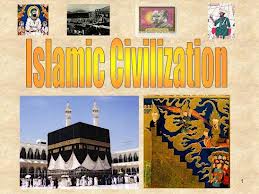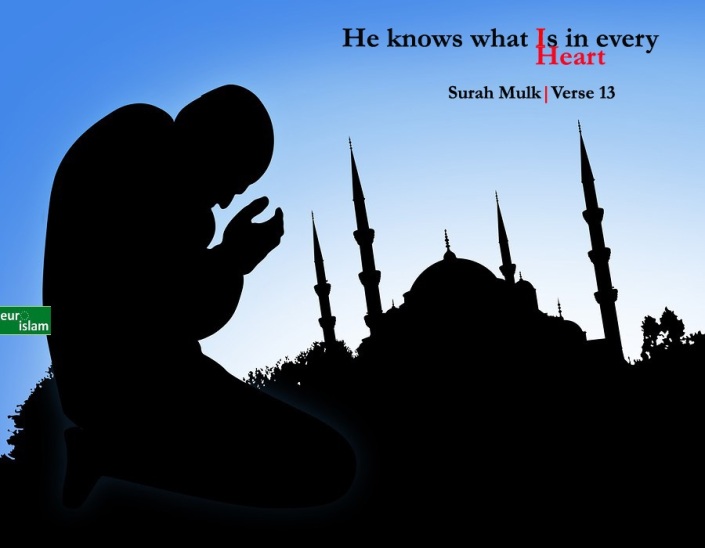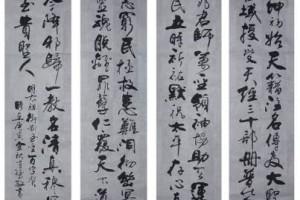Islamic Stories
The man who traveled for 30 years
 Shamsuddin Mohammed, “Ibn Battuta”, the great Muslim adventurer of Morocco, was born on 17th of Rajab 703 AH (corresponding to Feb. 24, 1304) to an educated family in Tangier.
Shamsuddin Mohammed, “Ibn Battuta”, the great Muslim adventurer of Morocco, was born on 17th of Rajab 703 AH (corresponding to Feb. 24, 1304) to an educated family in Tangier.
Ibn Battuta was the only medieval traveler who is known to have visited the lands of every Muslim ruler of his time. He also traveled to Ceylon, China, Byzantium and south Russia. His travels are estimated to have spanned no less than 75,000 miles, a distance unheard of before the age of engines.
His very first adventures took place in Egypt, Syria and Hijaz. Ibn Battuta traveled to Makkah by land, following the North African coast through Tlemcen, Béjaïa and Tunis, where he stayed for two months. Read the rest of this entry »
This entry was posted in Islamic Stories, Islamic World and tagged Al-Aqsa Mosque, Andronikos III Palaiologos, china, Golden Horde, Hebron, Ibn Battuta, Kozhikode, Maldives.
Intimacy between spouses: A sacred relationship
 The intimate relationship between spouses is a sacred relationship of the highest meanings of compassion and love. It is a special language between them that provides them with tranquility, security, a means for communication and harmony, and an oasis for to help them bear the burdens of life and its problems. Intimacy has a strong influence in the stability and success of a marriage. For if a couple grow apart, or the relationship between them has become routine and automatic, the process loses all meanings of love and kindness, tranquility and shelter. Read the rest of this entry »
The intimate relationship between spouses is a sacred relationship of the highest meanings of compassion and love. It is a special language between them that provides them with tranquility, security, a means for communication and harmony, and an oasis for to help them bear the burdens of life and its problems. Intimacy has a strong influence in the stability and success of a marriage. For if a couple grow apart, or the relationship between them has become routine and automatic, the process loses all meanings of love and kindness, tranquility and shelter. Read the rest of this entry »
This entry was posted in Islamic Stories, Opinions and tagged God, Health, Intimate relationship, Marriage, Mental Health, Physical intimacy, Relationship, Sexual intercourse.
This entry was posted in Islamic Stories and tagged heart, islam dua, prayer, Quran, surah mulk.
The Chinese Emperor’s Poem about the Prophet Muhammad (saw)
“Since the creation of the Universe,
God had decreed to appoint”
Hong-Wu (also known by his given name Zhū Yuánzhāng) was the Emperor of China between 1368 – 1398 CE. He was the first Emperor of the Ming Dynasty, leading an Army that conquered the country and defeated away the Mongol-led Yuan Dynasty.
Despite being a non-Muslim, Hong-Wu ordered the construction of several mosques in Nanjing, Yunnan, Guangdong and Fujian. He rebuilt the Jinjue Mosque in Nanjing and large numbers of Hui (Muslim Chinese) people moved to the city during his rule. Read the rest of this entry »
This entry was posted in Islamic Stories, Opinions and tagged Chang Yuchun, china, Empress Ma, Hu Dahai, islam, Ming Dynasty, Muhammad, Muslim, Nanjing, poem.
The Uniqueness of Islamic Civilization
 Some of those who have written about the history of civilization define civilization as “a social system which helps man to increase his cultural output.”
Some of those who have written about the history of civilization define civilization as “a social system which helps man to increase his cultural output.”
Civilization consists of four main elements: economical resources, political systems, moral traditions and science and arts. The development and progress of a civilization requires many factors such as geographical and economic factors, and psychological factors such as religion, language and education. The collapse of a civilization stems from factors which are the opposite of those which lead to its rise and development; the most important of these destructive factors include moral and intellectual decadence, lawlessness and breakdown of social systems, the spread of oppression and poverty, the spread of pessimism and apathy and the lack of competent and sincere leaders. Read the rest of this entry »
This entry was posted in Documentaries, Islamic Stories, Opinions and tagged Al-Kindi, Allah, Averroe, civilization, History, islam, islamic civilization, Muslim, Quran, Religion and Spirituality.
The story of Maurice Bucaille’s inspiring conversion to Islam
MAURICE Bucaille was born to a French parent and, like his family, he grew up a Christian. After his secondary education, he joined Faculty of Medicine, France University. Later, he became the most renowned and cleverest surgeon ever in modern France, but a story happened to change his life completely. Read the rest of this entry »
This entry was posted in Islamic Stories.
Words vs. Actions – The boy who liked eating sweets
Words vs. Actions – The boy who liked eating sweets
There once was a boy who loved eating sweets. He always asked for sweets from his father. His father was a poor man. He could not always afford sweets for his son. But the little boy did not understand this, and demanded sweets all the time.
The boy’s father thought hard about how to stop the child asking for so many sweets. There was a very holy man living nearby at that time. The boy’s father had an idea. He decided to take the boy to the great man who might be able to persuade the child to stop asking for sweets all the time. Read the rest of this entry »
This entry was posted in Islamic Stories.



